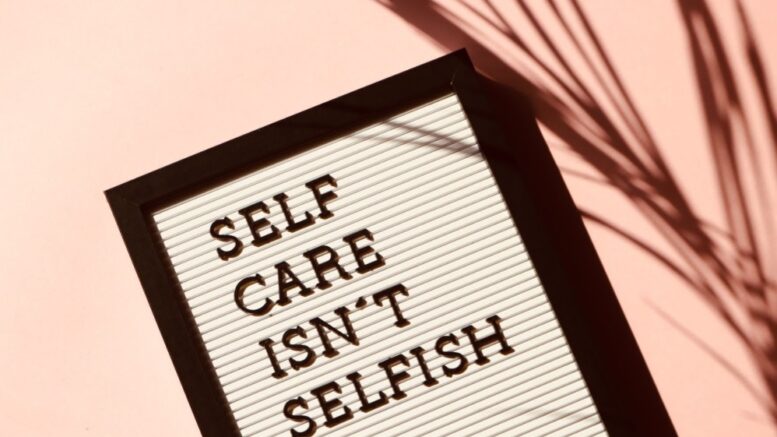There is more to body image than a desire to look good. It relates to your self-perception, which can shape your emotional, mental, and physical health.
If you are unhappy with your size, shape, complexion, or features, you might struggle with low confidence. As a result, it can determine your level of self-care, thought processes, and ability to embrace new challenges. Find out how body image affects your health and happiness.
A Lack of Self-Care
People with low self-esteem are often unnecessarily critical of their appearance, abilities, and qualities. The negative thoughts will gradually reduce their confidence levels, which can impact their mood and behaviors.
People with a poor body image are more likely to neglect themselves each day, as they might not respect their minds and bodies. For example, they might eat too much, forgo exercise, or stop caring about their appearance. Unfortunately, these negative actions can cause their self-loathing to deepen.
If you’re guilty of neglecting your appearance, you must show your body more love and respect by eating a balanced diet, exercising daily, and dressing in clothing that boosts your confidence. If you are unsure how to wear clothing that flatters your personality and figure, check out this Nadine West review regarding a handy clothing subscription box. The more you care for your body and appearance, the more confident you will feel each day.
A Risk of Mental Health Conditions
A poor body image can be a mental health condition in itself, as you might be living with body dysmorphia. The mental health condition is caused by obsessive thoughts regarding your flaws and appearance.
Also, poor self-perception can increase your risk of other mental health issues, such as eating disorders, depression, social anxiety, or psychological distress. If your low self-esteem is taking control of your thoughts and behavior, seek medical help to receive a diagnosis and treatment. An appointment could change your mental health and quality of life.

Poor Resilience
Life can throw various challenges at people from all backgrounds. However, your self-esteem can determine your level of resilience. Unfortunately, people have body image issues are more likely to struggle to cope with a challenging event in their life. As they will already feel worthless, they might believe they don’t have the strength or ability to recover from the experience. Working on your confidence can improve your emotional strength and ability to recover from adversity.
Conclusion
Body image issues cannot only determine your confidence in or out of your clothing, but they can impact your mental and physical health in various ways. If you’re guilty of neglecting your appearance, have adopted an unhealthy diet, or allow your negative emotions to determine your resilience, you must make changes to your lifestyle.
Regularly invest in your wardrobe, adopt healthier habits, and counteract negativity with positive thoughts. It could determine how you feel and think about yourself when you look in the mirror, as you might come to love the person staring back at you.
